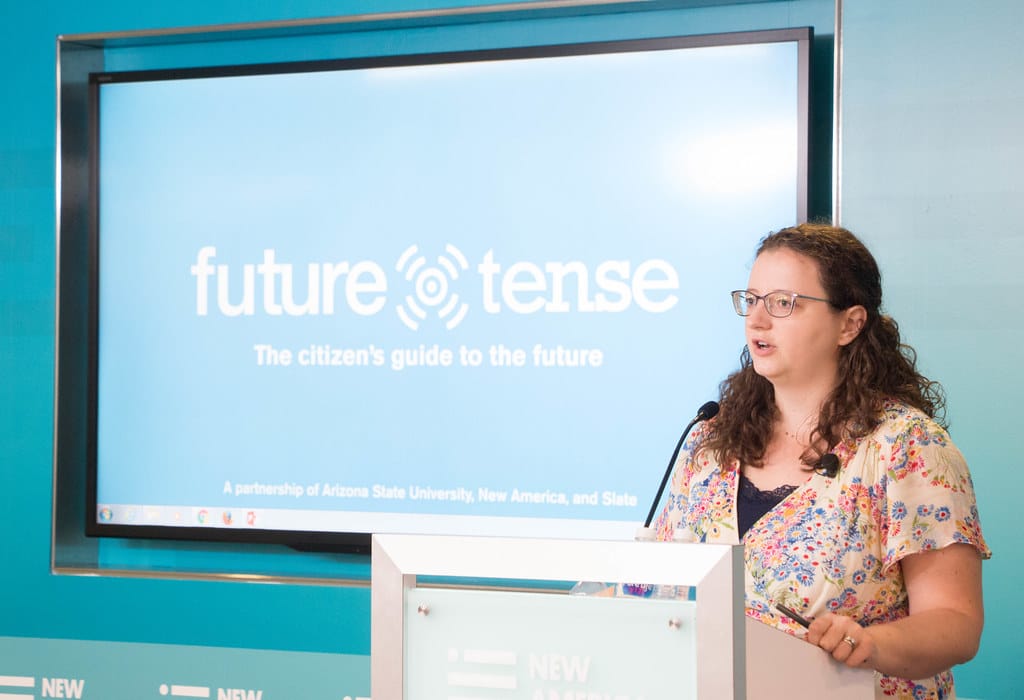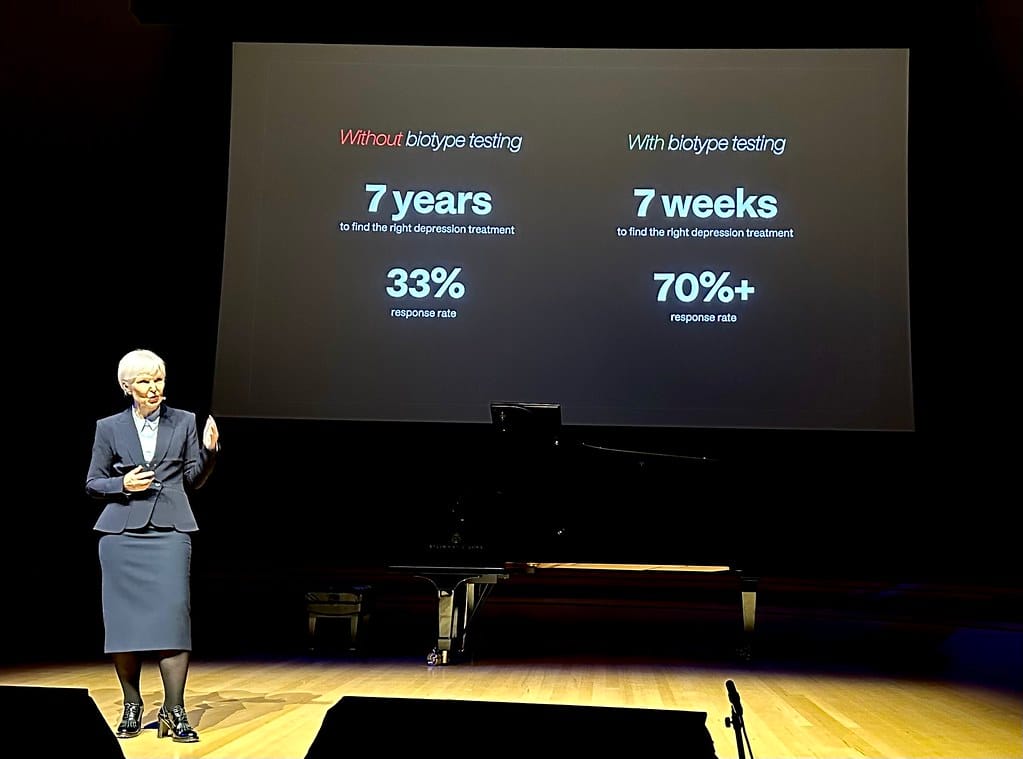Illinois Becomes First State to Ban AI Therapy, Sparking National Debate Over Mental Health Technology
Illinois has made history by becoming the first U.S. state to prohibit the use of artificial intelligence for therapeutic mental health services, signing groundbreaking legislation that could reshape how technology intersects with mental healthcare nationwide.
Governor J.B. Pritzker signed the controversial bill into law this month, effectively banning licensed mental health professionals from using AI systems to provide therapy, counseling, or other clinical mental health services to patients. The legislation, which takes effect immediately, positions Illinois at the center of a rapidly evolving debate about the role of technology in mental healthcare.
The Legislation's Key Provisions
The new law specifically prohibits mental health professionals from using AI systems as primary therapeutic tools, while still allowing technology to support administrative functions like scheduling and record-keeping. Licensed therapists who violate the ban could face disciplinary action from state licensing boards, including potential suspension or revocation of their professional credentials.
"We cannot allow artificial intelligence to replace the human connection that is fundamental to effective mental health treatment," said State Representative Maria Santos, who sponsored the bill. "Therapy requires empathy, intuition, and genuine human understanding that no machine can replicate."
The legislation defines AI therapy broadly, encompassing chatbots, virtual therapists, and any automated systems designed to provide mental health interventions without direct human supervision.
Growing Concerns Over AI Mental Health Tools
The ban comes amid explosive growth in AI-powered mental health applications. Companies like Woebot, Wysa, and Replika have attracted millions of users seeking accessible mental health support through conversational AI platforms. The global digital mental health market, valued at $5.6 billion in 2023, is projected to reach $18.3 billion by 2030.
However, mental health professionals have raised significant concerns about these tools' effectiveness and safety. A 2023 study published in the Journal of Medical Internet Research found that while AI therapy apps showed promise for mild anxiety and depression symptoms, they often failed to recognize serious mental health crises or provide appropriate interventions.
Dr. Sarah Mitchell, a clinical psychologist and president of the Illinois Association of Mental Health Professionals, supports the new law. "We've seen instances where AI systems have provided harmful advice or failed to identify suicidal ideation," she explained. "The stakes are simply too high to experiment with unregulated AI in mental healthcare."
Industry Pushback and Innovation Concerns
Technology companies and some healthcare advocates have criticized the Illinois ban as premature and potentially harmful to innovation. They argue that AI tools can help address the severe shortage of mental health professionals and provide immediate support to people in crisis.
"This legislation essentially tells millions of people struggling with mental health issues that they can't access tools that might help them," said Dr. Jennifer Park, chief medical officer at TechTherapy Solutions. "We're not advocating for AI to replace human therapists, but rather to supplement and enhance mental healthcare delivery."
The American Telemedicine Association has also expressed concerns, noting that properly regulated AI tools could help bridge the gap in mental health services, particularly in underserved rural areas where licensed therapists are scarce.
National Implications and Future Outlook
Illinois's pioneering legislation is already influencing discussions in other states. California, New York, and Texas are considering similar measures, while federal regulators are exploring comprehensive frameworks for AI in healthcare.
The Food and Drug Administration has begun developing guidelines for AI-powered medical devices, but mental health applications currently fall into a regulatory gray area. The Illinois law may pressure federal agencies to establish clearer standards for AI therapy tools.
Mental health advocacy groups remain divided on the issue. While some applaud Illinois for prioritizing patient safety, others worry the ban could limit access to mental health resources for vulnerable populations who cannot afford traditional therapy.
Moving Forward: Balancing Innovation and Safety
As Illinois implements its AI therapy ban, the broader healthcare community will be watching closely to assess its impact on patient outcomes, provider practices, and technological innovation. The law includes provisions for regular review and potential modification based on emerging research and federal guidance.
The debate ultimately reflects a fundamental question facing modern healthcare: how do we harness technology's benefits while protecting patients from potential harm? Illinois has chosen caution over innovation, setting a precedent that will likely influence mental health policy nationwide for years to come.
For now, Illinois residents seeking mental health support must rely on traditional therapy methods, while the rest of the nation grapples with finding the right balance between technological advancement and patient protection in mental healthcare.

